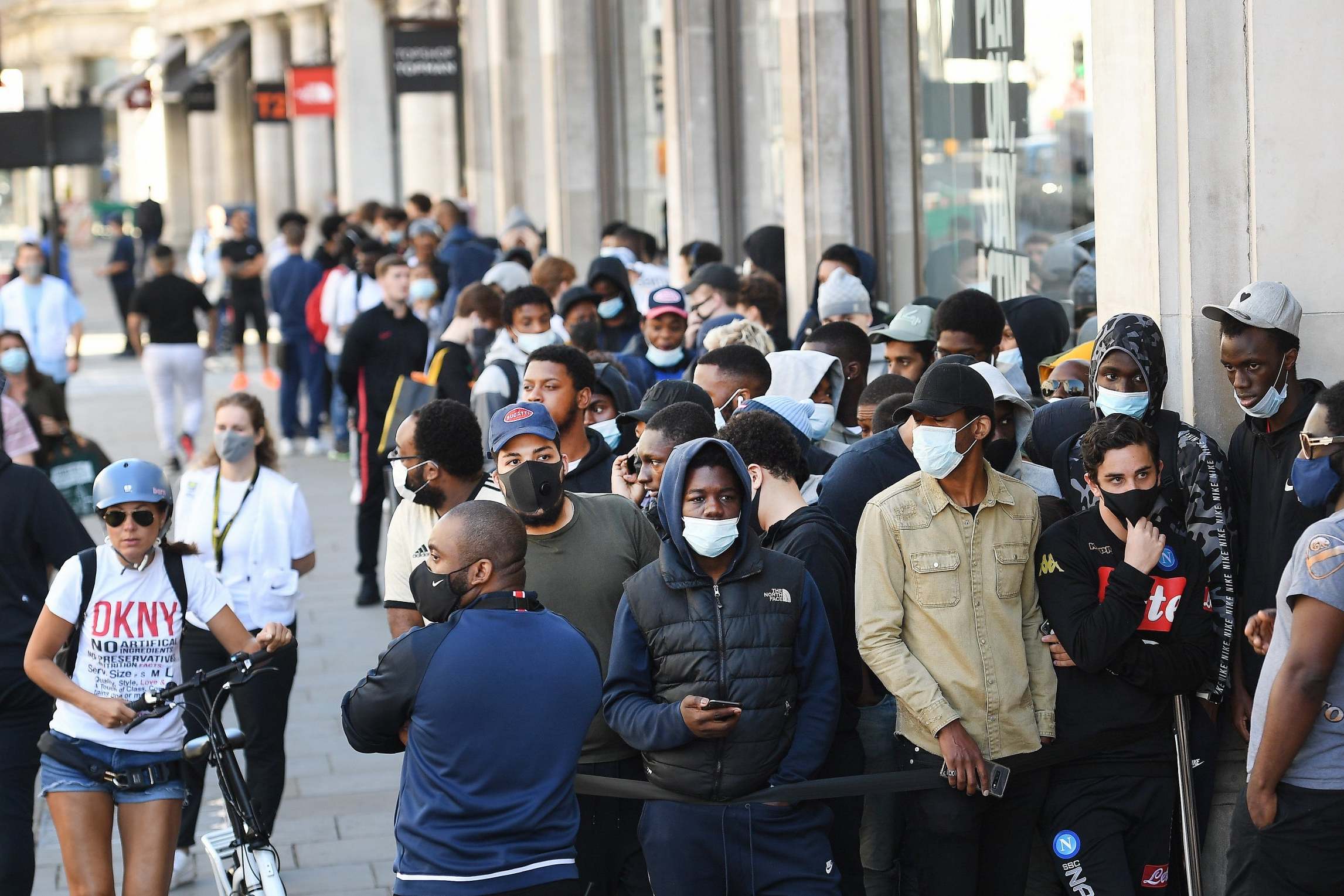Vouchers for spending in shops? VAT cuts? Maybe the economy needs a different sort of therapy
Radical measures are being considered to encourage consumption. But doesn’t UK plc have enough of that? At least some economists think so, writes James Moore


Will it be radical Rishi Sunak who takes centre stage for tomorrow’s summer update?
Over the weekend it emerged that Treasury officials have had discussions with the Resolution Foundation about a £500 voucher scheme, which could give every adult a bung to spend within suffering sectors. Plus maybe £250 for the kids.
It’s one of a number of options that have been floated, with a view to putting a little energy into the stuttering economy – as its current performance is starting to scare people.
I looked at a potential 5 per cent VAT cut last month: the evidence is equivocal as to whether that tactic did any good when it was tried by Alistair Darling during the last downturn.
The attractions of a time-limited voucher are that it could be targeted at struggling sectors and serve as a more powerful incentive than cutting Britain’s sales tax, assuming the logistics can be worked out.
The Foundation has followed up with a wider release calling for a fiscal stimulus of 10 per cent of GDP, which is what the economy received during the financial crisis just over a decade ago. It would amount to £200bn in today’s money.
The difference between then and now is that the Bank of England was able to help a lot more with monetary stimulus. Its ability to help now is constricted because interest rates are already at a historic low.
So Sunak is stuck with fiscal levers. Tax and spending to you and me. And he’ll have to borrow heavily to fund it all.
Resolution’s other ideas include measures to support jobs, and a big increase in the government’s much ballyhooed capital investment plans.
The foundation also advocates a £10bn boost for universal credit. The years of cuts to welfare are going to bite a lot of suddenly unemployed workers very hard, so that’s a good idea, and the voucher could be seen as quite jarring without it. People might wonder why they’re getting £500 to go on a shopping spree when they’re struggling to pay the rent.
But can a stimulus package, however generous, overcome the economy’s biggest problem: fear?
Despite the pictures that made Soho in London look like Covid alley over the weekend, the reality is that a substantial chunk of Britain is still minded to take it very carefully.

A use-it-or-lose-it voucher to spend in non-essential shops or at hospitality venues might tempt some of them out of hibernation.
But if a second wave is looming – and America’s experience bears watching closely – maybe they should stay put for the moment.
That might mean a slower, harder recovery, but it would be harder still if the country has to be shut down again.
Perhaps Sunak should instead look at the bigger picture.
As one economist put it to me: we already encourage consumption too much, and invest too little. The attendant problems are serious ones that hold UK plc back: low productivity, a substantial trade deficit with the rest of the world, the high budget deficit that 10 years of cruel austerity failed to fix.
None of this is new. Those issues have been with us for decades.
Amid a crisis that seems to throw up new and nasty twists every day, it’s understandable why Sunak and his team may well feel they have no choice but to patch up the nation’s rickety economic wounds with expensive sticking plaster. Hence the discussion concerning VAT cuts and/or voucher schemes. And it may be necessary.
Trouble is, sticking plasters always fall off in the end.
Bouncing from crisis to crisis (and this one may be with us for a while if the medical people are right) without addressing the economy’s underlying problems will just mean applying more and more of it until the only option is invasive and painful surgery.
Maybe now is a good time to think about how best to avoid that. To be fair to Resolution, it does have that capital investment proposal on it’s menu, which could be good medicine if handled right.
Join our commenting forum
Join thought-provoking conversations, follow other Independent readers and see their replies
Comments
Bookmark popover
Removed from bookmarks